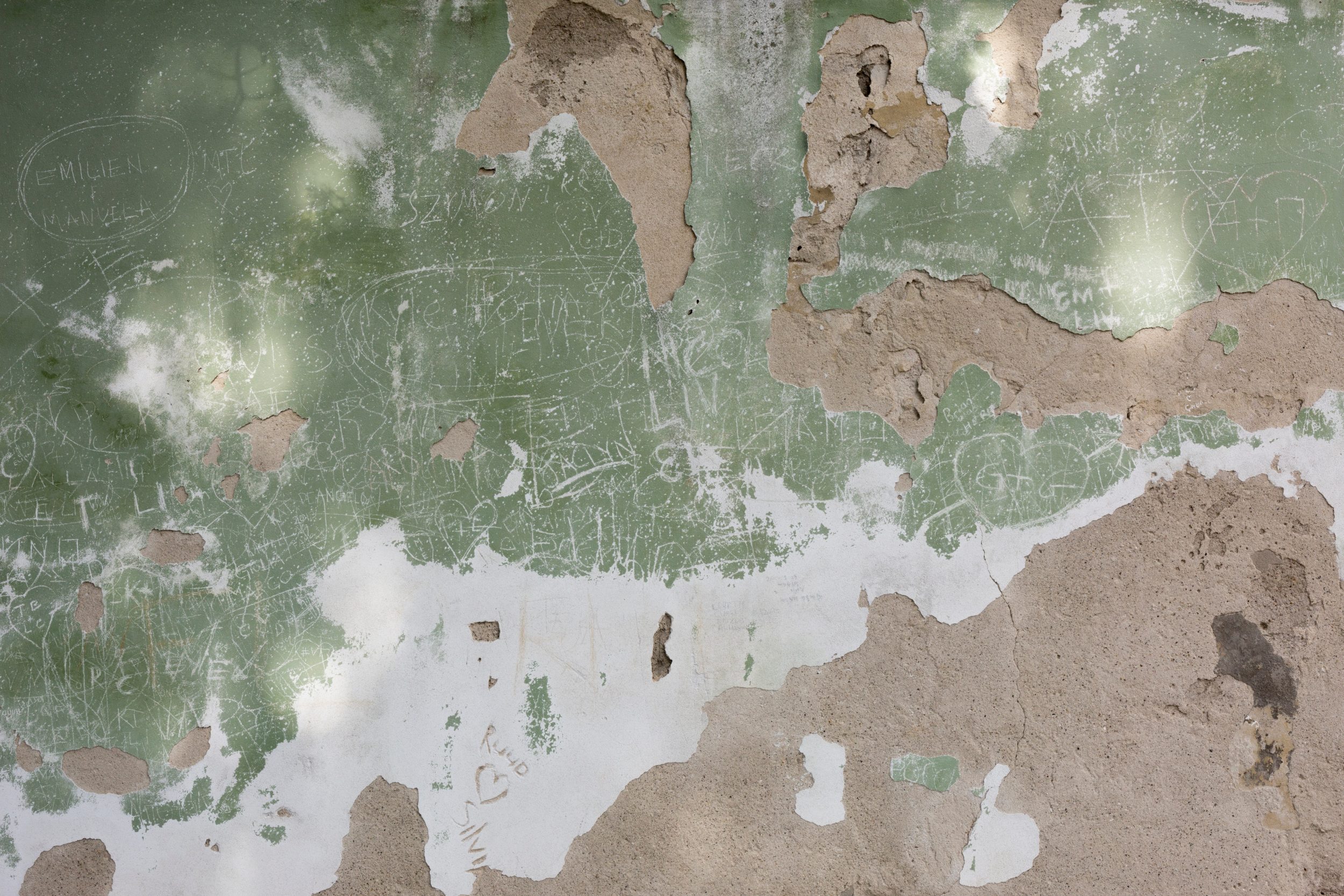Over the past century, a traditional story of criminal law emerged. In this account, criminal law is exceptional. Commentators have argued that criminal law has its own internal logic, often grounded in some set of moral commitments. Criminal laws regulate distinct harms. Criminal punishments send a distinct sort of message and are clearly distinguishable from civil sanctions. Criminal legal institutions are uniquely well situated to express public values and respond to community harms.
This exceptional framing has justified different judicial treatments of criminal law, a different vision of politics when it comes to criminal law, and the insistence on a bright line between criminal and civil legal institutions. Put simply, criminal law exceptionalism has served as a theoretical scaffold for the rise of the carceral state and the unprecedented growth of U.S. criminal codes and prison populations.
Recent years have seen a growing rejection of this vision of criminal law. Commentators decry the racial injustices of mass incarceration, the violence of policing, and the inhumanity of jails and prisons. Academics and activists increasingly identify criminal legal institutions as drivers of inequality and sites of injustice. This new turn — to decarceration, abolition, or some broader “criminal law skepticism” — is much needed and provides cause for optimism in the bleak world of criminal policy. But I worry that some of this contemporary commentary risks embracing a new sort of criminal law exceptionalism.
In a forthcoming article in the Virginia Law Review, I diagnose this new, critical criminal law exceptionalism that reflects an impulse to identify criminal law as uniquely objectionable. This exceptionalist move is different from the traditional exceptionalist move. It doesn’t rest on claims of criminal law’s moral superiority or a coherent and defensible logic for criminal law. Instead of imagining, teaching about, or studying a system organized around shared values and the traditional “theories of punishment” commonly taught in law school, the new exceptionalist position treats criminal law as uniquely unjustified or perhaps even unjustifiable. I argue that critical commentators (myself included) need to be careful of treating the harms and pathologies of the U.S. criminal system as unique or clearly distinct from the harms and injustices of other social and political institutions.
Critical commentators (myself included) need to be careful of treating the harms and pathologies of the U.S. criminal system as unique or clearly distinct from the harms and injustices of other social and political institutions.
Increasingly, commentators decry the carceral state as fundamentally irredeemable — inextricable from projects of subordination and oppression. Yet other functions of the state are often celebrated in critical accounts. Calls for decarceration, decriminalization, or abolition frequently include calls for expanding the welfare state, growing regulatory authorities, and replacing police with social workers and civil servants. Critics decry “the punishment bureaucracy” in the criminal space as antidemocratic and a vehicle for entrenching inequality, but many of those same commentators seem to suggest (or outright argue) that structures of expertise and deference in the civil context shouldn’t be subject to the same critiques. And, while commentators lament the punitive impulses at the heart of the prison industrial complex, a number of critical accounts leave space for reliance on structures of power and capital to exclude or punish — from employers, to schools, to large corporate entities.
There’s an intuitive appeal to this new exceptionalist move: Criminalization exposes people to the violence and indignities of policing, the prospect of imprisonment, and the loss of liberty — even the death penalty. Our most basic freedoms are at stake.
Yet, the assumption that criminal law is clearly different from — and unambiguously worse than — other institutional responses to harm and risk implicitly rests on another assumption: that the violence, social control, selective enforcement, and subordination that define the carceral state are exclusive to (or dramatically worse in the context of) the criminal system and the state’s criminal institutions.
If, as many contemporary critical accounts now suggest, the problems of criminal law are not simply the long-recognized flaws of its administration (brutal conditions of confinement, weak protections for defendants’ rights, the violence of policing, to name but a few) but instead are problems of power relations, domination, hierarchy, and deep-seated societal punitiveness, then I wonder whether or to what extent it makes sense to understand criminal law and its pathologies as clearly distinguishable from any imagined alternatives. Or, I should say, I don’t think they are distinguishable. When taken seriously, the contemporary concerns about the U.S. criminal system speak to deep issues of power and governance — issues that transcend the civil-criminal divide and, in some cases, even the distinction between state and private action.
For activists and scholars who have embraced arguments that sound in the register of criminal law exceptionalism, is the problem they decry criminal legal institutions or the political economy in which they are embedded? And why should we think that alternatives (state or private) won’t replicate similar abuses or distributive inequalities?
More from our decarceral brainstorm
Every week, Inquest aims to bring you insights from people thinking through and working for a world without mass incarceration.
Sign up for our newsletter for the latest.
Newsletter
To be clear, my claim is not that there is a camp of scholars and activists who self-identify as “critical criminal law exceptionalists.” Rather, my aim in this project is to track and critique a set of arguments that reflect an exceptionalist understanding of criminal law. Those arguments or impulses appear in work done by reformers and radicals, liberals and socialists, and commentators whose politics or ideologies might be harder to nail down.
True, there certainly are contemporary critical accounts of the criminal system that are far from exceptionalist and frame criminal law as one of many objectionable engines of inequality. Indeed, some form of de-exceptionalization might be understood as central to a group of radical left projects. For decades, activists and scholars steeped in abolition or other radical anti-carceral movements have been grappling with how to escape punitive logics and the pathologies associated with criminal law. And the growing focus on the criminal (or quasi-criminal) dimensions of the immigration system, the so-called child welfare system, and even the healthcare system reflect an important impulse to understand and critique other forms of social control.
Nevertheless, I worry that for some commentators the push to move away from policing, punishment, and formal criminal legal institutions might risk embracing idealized visions of non-criminal governance and accepting power relations that aren’t explicitly embedded in the violence and subordination of mass incarceration. The growing embrace of radical critiques in more mainstream criminal legal thought brings with it promise. But accepting those critiques also means grappling with the harder questions central to a radical decarceral project. What does it mean to pursue accountability while rejecting punishment? What forms of domination or social control are acceptable? The scope or nature of the critiques, I suggest, matters not only for purposes of intellectual consistency, but because of what policies or positions they might lead to.
The growing embrace of radical critiques in more mainstream criminal legal thought brings with it promise. But accepting those critiques also means grappling with the harder questions central to a radical decarceral project.
By way of analogy, if you were fundamentally opposed to the death penalty because you believed that it was wrong for the state to kill a person, it’s not inevitable that you would oppose long prison sentences. You certainly might. But your opposition to the death penalty wouldn’t require some broader opposition to punishment (even cruel or degrading punishment). So it might make sense to support life without parole or other harsh punishments as a means of achieving death penalty abolition.
If, in contrast, you were opposed to the death penalty because you were opposed to dehumanizing punishment or were outraged by racial disparities in its administration, much about the criminal system should give you pause. The death penalty would be an egregious example of the system’s cruelty and injustice. But your underlying objections and commitments transcend the specific example. Trading death sentences for decades in cages wouldn’t and shouldn’t be a fitting solution. Or, at the very least, it would mean substituting one unconscionable institution for a slightly less unconscionable one.
Similarly, criminal law exceptionalism might make sense if the problem were the formal institutions of the criminal system. But if the problems are deeper punitive logics or distributive inequities, treating criminal law as exceptional — even as you condemn it — doesn’t make sense, and the project of decarceration necessarily becomes a larger project of social transformation or revolution, consistent with the work being done or proposed in some activist circles.
I don’t mean to suggest an inevitable binary between criminal law exceptionalism on the one hand, and something like an anarchist critique of all institutions on the other. We might understand governance as reflecting a spectrum of institutions or legal tools, with criminal law at one end, as the site of the most egregious and explicit violence. And choosing which institutions to support or which to favor over formal criminal punishment or criminalization might involve calibrating the harms or determining what institutions were far enough removed from the evils of the criminal system.
But, if criminal law is worse, then why? If not — or if it’s fair to see the same concerns about subordination, exclusion, and punitiveness as present in other contexts — then what should that tell us about what a decarceral or abolitionist project should look like?
Looking to the uprisings of 2020, the last decade of activism associated with Black Lives Matter, and contemporary debates about defunding the police, it’s hard not to see criminal law as central to any conversation about inequality and injustice in the United States. But my suggestion here is that “criminal law” or “the criminal (in)justice system” in a lot of recent work and public discussion seems to be operating as a shorthand for something. That something is governance.
Which means that debates about criminal law aren’t just about the relative culpability of various defendants or how to draft a criminal statute. They’re about how we think society should be governed and how we understand — and navigate — the problems of governance.
Writing a decade and a half ago, Douglas Husak, a legal philosopher at Rutgers, argued that “a comprehensive theory of criminalization requires nothing less than a theory of the state.” I agree. Too many accounts of criminal law have understated the political economy in which criminal law operates and the institutions and actors the state relies on to enforce those laws. The very idea of “criminal justice” requires not only a shared conception of justice, but a shared belief that the state and its criminal enforcement regimes are legitimate and capable of doing justice.
In “Criminal Law Exceptionalism,” then, I offer a sort of corollary claim to Husak’s: A theory of decriminalization also requires nothing less than a theory of the state. Or, at the very least, those of us committed to dismantling “the carceral state” need to remain thoughtful and self-critical in figuring out what the carceral state is, and what we’re actually looking to dismantle.
Image: Roel van Sabben/Unsplash

